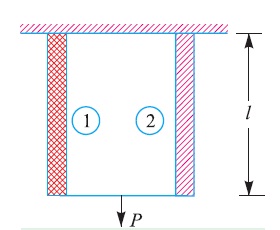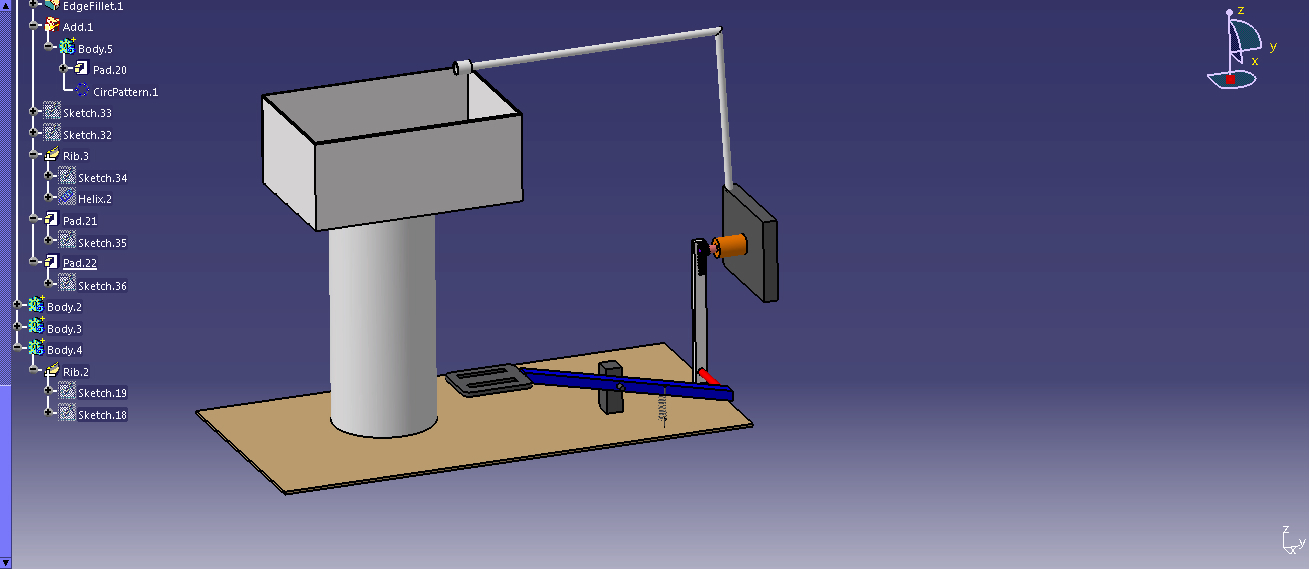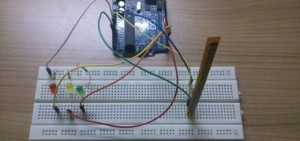A composite bar may be defined as a bar made up of two or more different materials, joined together, in such a manner that the system extends or contracts as one unit, equally, when subjected to tension or compression. In case of composite bars, the following points should be kept in view:
1. The extension or contraction of the bar being equal, the strain i.e. deformation per unit length is also equal.
2. The total external load on the bar is equal to the sum of the loads carried by different materials.
Consider a composite bar made up of two different materials as shown in Fig. 1

Let, P1 = Load carried by bar 1,
A1 = Cross-sectional area of bar 1,
σ1 = Stress produced in bar 1,
E1 = Young’s modulus of bar 1,
P2, A2, σ2, E2 = Corresponding values of bar 2,
P = Total load on the composite bar,
l = Length of the composite bar, and
δl = Elongation of the composite bar.
Reference
A Textbook of Machine Design by R.S.Khurmi and J.K.Gupta














Post Comment
You must be logged in to post a comment.